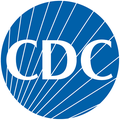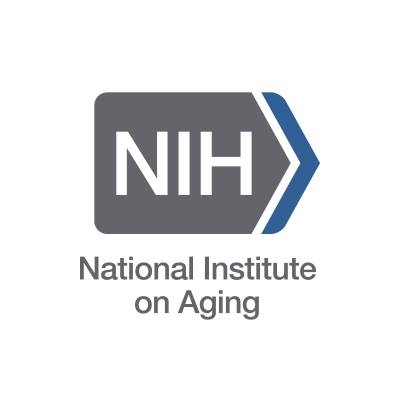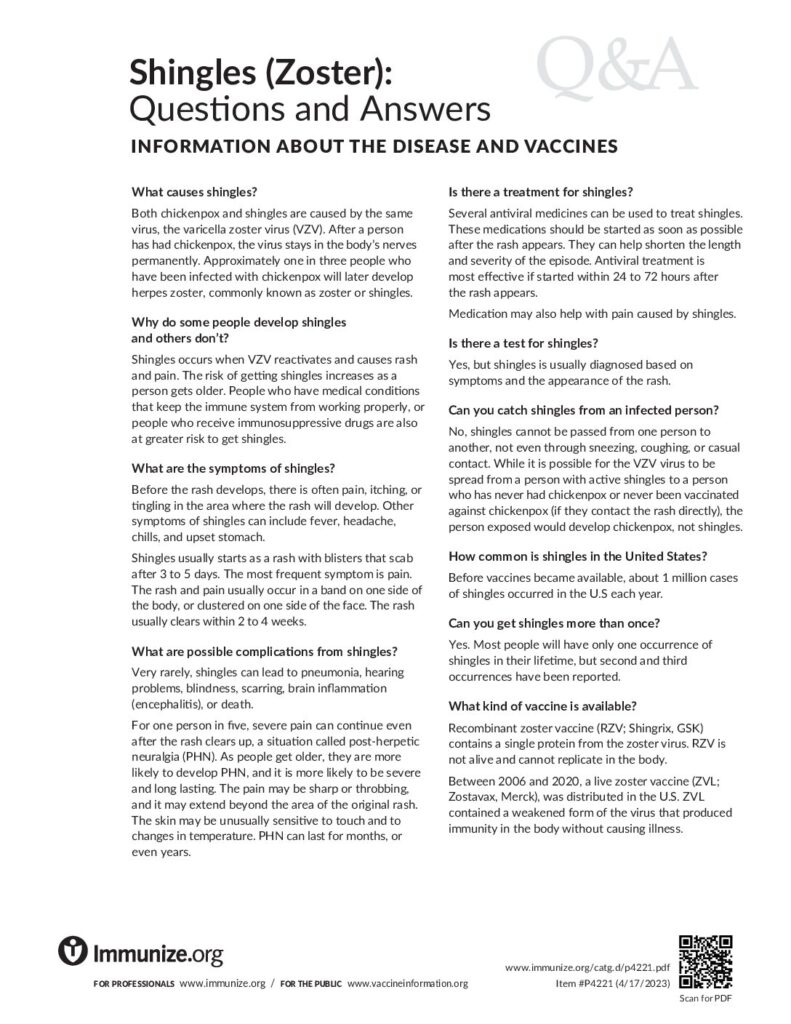Overview
- Shingles is a painful disease caused by the same virus that causes chickenpox. It is also called herpes zoster or just zoster. Shingles usually includes a painful rash with blisters that can occur anywhere on your body, even the face and eyes. The main symptom of shingles is severe pain. Some people have compared it with the pain of childbirth or kidney stones.
- For some people with shingles, severe pain can continue for months, or even years. This long-lasting pain can be so bad that it interferes with eating, sleeping, and activities of normal life. Although some medicines can help treat shingles, there is no cure. The likelihood of long-lasting pain complications increases as you age, and reaches nearly 1 in 5 among people who get shingles after age 80.
- Anyone who has ever had chickenpox can get shingles. You are more likely to develop shingles as you get older, or if you have a weakened immune system as a result of disease or medication.
- The best way to prevent shingles and its serious complications is to get vaccinated. You should get the shingles vaccine if you are age 50 years or older, even if you’ve already had shingles. It is possible to get the disease more than once. You should also get the shingles vaccine if you are age 19 years or older and have a weakened immune system as a result of disease or medication.
Shingles (Zoster) Vaccine Schedule
One shingles vaccine, Shingrix, is available in the United States. If you are age 50 years or older, or age 19 years and older with a weakened immune system, you should get the 2-dose series of Shingrix vaccine. People who received an earlier shingles vaccine called Zostavax should also get Shingrix.
RESOURCES
Shingles (Zoster): Questions and Answers
Information about the disease and vaccines, from Immunize.org.
Partner Resources

Find fact sheets for adults, resources, multimedia, and more from CDC. Also see What Everyone Should Know about the Shingles Vaccine (Shingrix).

Learn about the cause, symptoms, treatment, and prevention, from the National Institute on Aging.

Questions and answers about shingles and vaccines from the Vaccine Education Center at the Children’s Hospital of Philadelphia.

A shingles fact sheet and Q&A from the Vaccine Education Center at the Children’s Hospital of Philadelphia. A Spanish-language version is also available.
FDA Magazine
Details on the complications from shingles, including rash, eye or skin problems, scarring, nerve paralysis, pneumonia, encephalitis, and death.
Read more.
Shingles: A Family Story
A powerful video about a family’s experience with the complications of shingles. “Herpes zoster ophthalmicus” is the term for shingles involving the eye (shingles virus has invaded an ophthalmic nerve) can become temporarily blind and suffer impairment of their vision.
People of any age can feel a bit anxious about getting a shot. Some may be so anxious that they avoid vaccination…even when they know it’s important. Learn more about simple ways to help any child or adult feel better and more confident when getting vaccinated.
